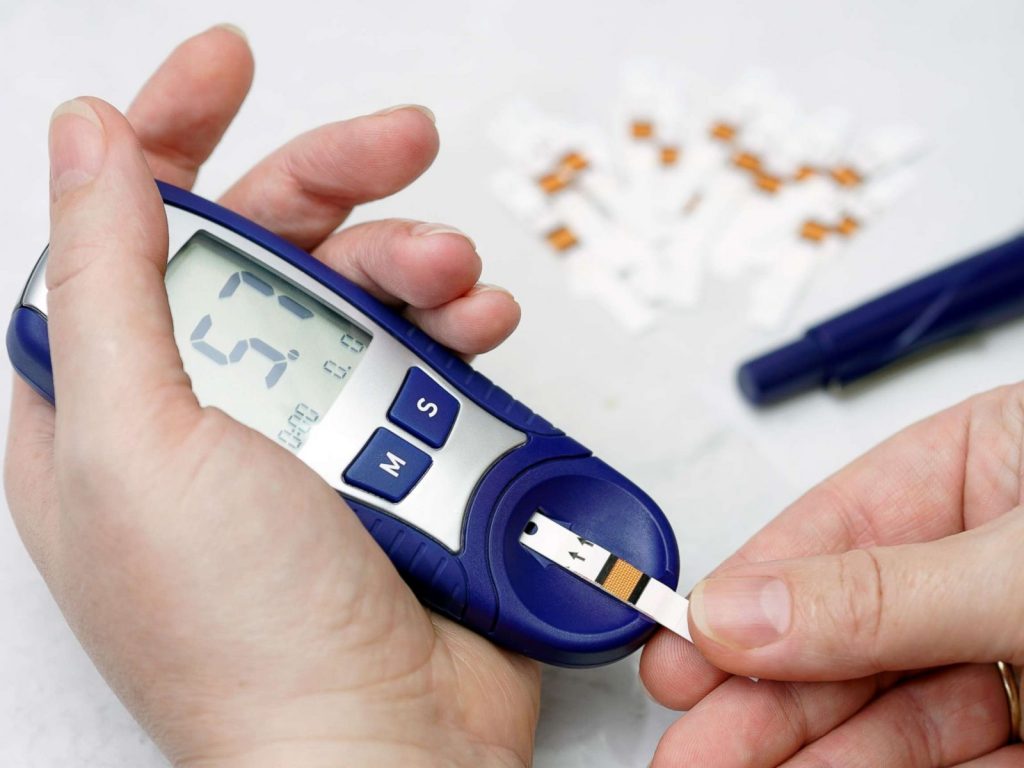
Type-2 diabetes, also called age-related diabetes, is when the body fails to make enough insulin, or when the body becomes insulin resistant, meaning the amount of sugar in the bloodstream is not properly broken down. When this happens, an elevated sugar level can become dangerous, and even damage certain organs and tissues. Usually, those who have this condition can control it through diet. But it can be very dangerous or even life-threatening, if not managed properly, and puts one at risk for lots of other illnesses.
Those who have this condition along with heart disease are said to have metabolic syndrome, and must have their health monitored carefully. Type-2 diabetes patients are also at higher risk for developing certain types of cancer. But according to a study published in the journal Cancer Epidemiology, men with this type of diabetes, particularly older men, have a lower risk of developing prostate cancer. A three year study of men age 65 to 74 with type-2 diabetes found that they had a 27% decreased risk over those who were not diabetic. Researchers at the National Cancer Institute in Aviano, Italy made this discovery.
They hypothesize that a lower hormone level in type-2 diabetics may be the reason, but this has not been determined as of yet. 32,247 patients with type-2 diabetes and 1,018,518 without it, all hailing from northeastern Italy, took part in the study. Their data was acquired through a healthcare database. 2,069 cancer cases among diabetic patients was observed. Previous studies showed an elevated risk of bladder and kidney cancer among diabetics. But for pancreatic, liver, and colorectal cancer, their risk was the same.
The survival rate of those diagnosed with cancer five years on was 88.7%. Though good, the malady must be caught in time. In terms of prostate cancer, that means screening for men age 50 and over. For those at-risk, such as patients who have it in the family or African-Americans, screening should start earlier, age 45 and up. Those men in this age range who have not been screened, should discuss the matter with a doctor or urologist, and find out more.

